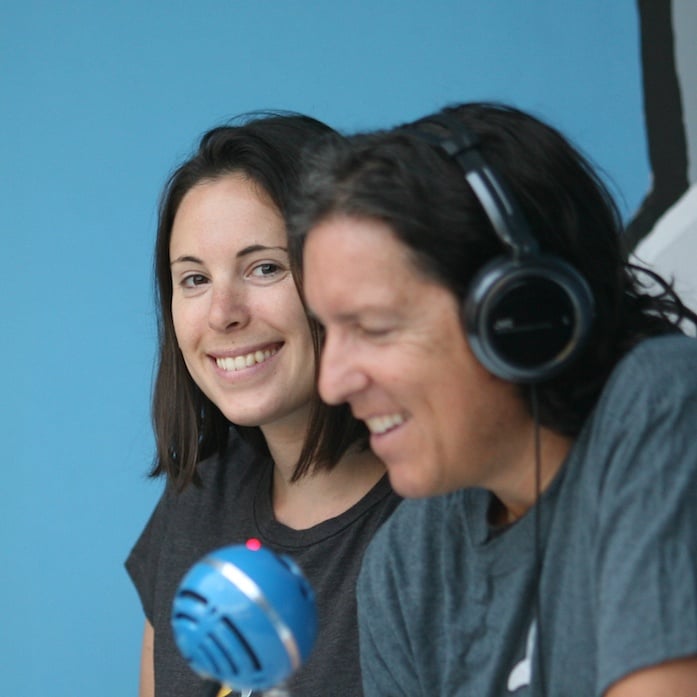
"Storytelling is an important skill set to master to be an effective leader and influencer. It's something that's missing from business school, where you only really learn the nuts and bolts of running a business." - Paul Smith
Selling with stories helped turn $129 worth of flea market purchases into over $3,600 on eBay. That's just one of the stories Paul Smith tells in his bestselling book, Sell with a Story. Storytelling in business can be a pretty vague concept, with gurus teaching that you need to understand the concept of story arcs, the different "acts" of your story, and so on.
Paul throws all that out the window and gives practical information on how a story can add value to the products you're selling as your customers will be emotionally invested in the story that goes with the product.
In this episode of the Helping Sells podcast, Paul explains the two secrets he's discovered about using stories in sales. And Paul should know, as he's interviewed over 250 CEOs, executives, leaders, and salespeople in 25 countries, and documented over 2,000 individual stories. He took all of that information and experience and distilled it into his book, Sell with a Story.
Click-to-Tweet
Stories are only useful at the start of the sales process, right?
In a word, no. Through all the interviews Paul did, he discovered that the best sales people tell stories throughout the sales process. Sure, they used them at the start, but they also use them at all points during the process. When explaining the benefits of the process, during the engagement process, after sales, during training, even during upselling conversations.
Paul's first lesson on how to use stories is to broaden your perspective on when you tell stories. You never know just how impactful that story can be to your customer, so bring it out whenever you think it's needed.
The second lesson on sales storytelling is that anyone can be a storyteller — even if you're not a natural-born storyteller. "It's kind of like being an artist," Paul explained. "Some people are just born with the gift, while others have to learn it." There's no reason why everyone can't sell with stories, they just have to learn how to craft compelling stories.
Most writers have the mantra of "always be writing", because it's a muscle they need to exercise every day in order to ensure it stays strong. Storytelling is the same way. Learn how to create compelling stories and then practice it as much as you can.
You can use stories in any industry, even B2B
Picture this: You sit at your desk at the office and try to do some work. Only your computer won't behave. The software you're supposed to use to finish off that big project won't work properly. You have no idea how to fix it because it's up in the "cloud", and you're not even sure what the "cloud" is, much less how to fix the problem you're having.
(Did you see what we did there? We used a story midway through our post to overcome your objection that you can't use stories to sell in B2B.)
"There's where you can use your story in B2B sales," Paul said. "Frustration is the most common negative experience we have at work." Your story can relieve the tension for them and give them a window into a frustration-free experience. Both are enormous emotional benefits that can be powerful and help increase your conversions.
Stories unite the two sides of our brains
From a cognitive perspective, we make decisions with two sides of our brains: the rational one that understands the facts and figures about the product you're thinking of buying and the emotional heart that responds to the emotion of the product's benefits.
"The story creates the emotional connection and it's the connection that elicits the emotion," Paul said. It's not emotional manipulation, but rather creating an emotional connection that's a welcome connection.
This is something that happens to us when we go to the movies, theatre, or live concert. As the audience member, you KNOW your emotions will be changed and tapped by the experience, but you go into the experience WANTING it to happen and EXPECTING it to happen.
If you liked this episode, you may like these episodes too:
- Ep. 55 | Greg Warner Helped a Customer See His Grandkids for the First Time in Months
- Ep. 50 | Adam O'Donnell of Successly Live Shares What He Learned From 200+ Customer Success Interviews
- Ep. 34 | Tara-Nicholle Nelson on Helping Customers Along Their Journey




